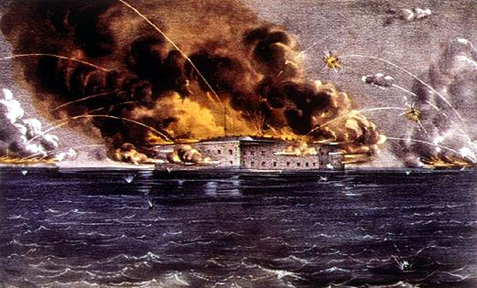Originally posted by Raellus
View Post
Guns certainly make the killing easier but they are not the cause of the violence, the violence is already inherent in their society. For example, when the Hutu majority decided to slaughter Tutsi and moderate Hutu in Rwanda, they were more than happy to use machetes even though they could have used their military firearms. Why were they more than content to use a more physical, personal method of killing when they could have kept some personal distance by using the range of a firearm --- hypothetical question.
I understand where you're coming from with the question but I believe the bigger question is about the society and not so much about their means of redress (i.e. resorting to firearms). And while I generally agree with your point about how well (or not) a citizenry armed with only the basic weapons could stand up to a modern federal military, I can think of four examples where they did enough hurt to a federal military: -
Hungarian militias vs. Hungarian State Protection Authority and Soviet troops (Hungarian Revolution of 1956)
Viet Minh vs. French colonial forces in Indochina,
Mujahideen vs. Soviet forces in Afghanistan,
The militia of Mohamed Farrah Aidid vs. US forces in Somalia.
Even though the first ended in a loss for the citizens (although that did require a full scale invasion by Soviet forces) and the next two examples did involve outside support of those armed citizens, those examples also illustrate the effectiveness of good leadership or a strong common cause to unite the citizens to stand against the government.
I'm not trying to go off on a tangent here, hopefully I'm showing that the makeup of a society and the mentality of its citizens has more influence on how those citizens will act and if/how they unite to seek redress, than their possession of guns does.


Comment